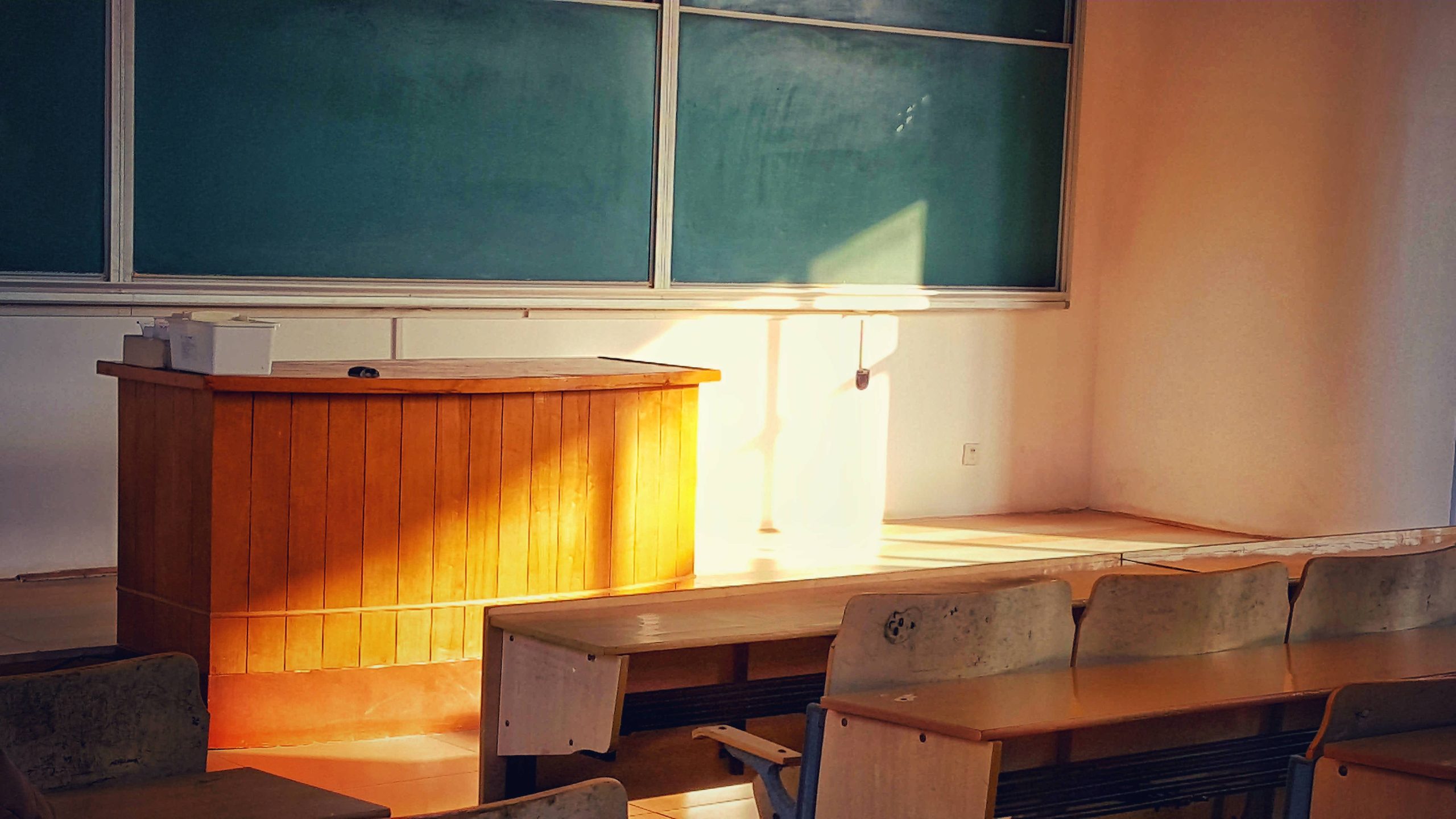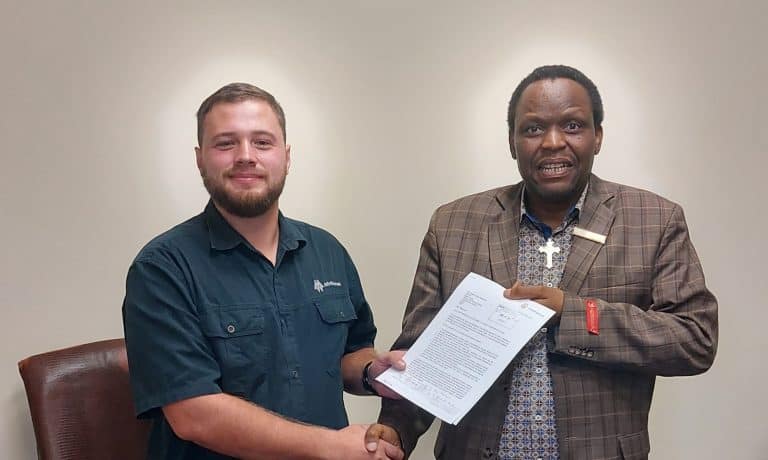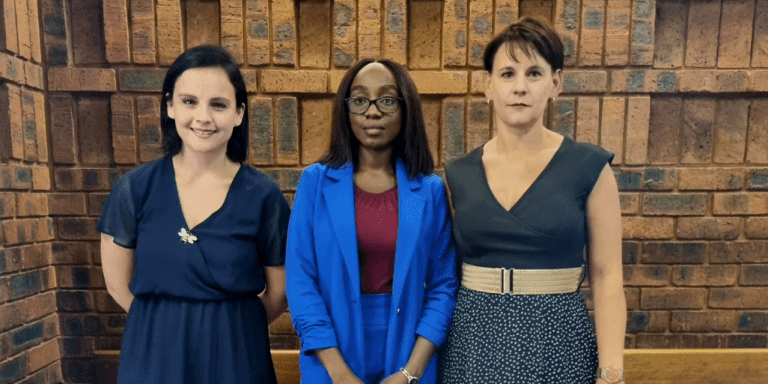AfriForum submits written comments on BELA Bill to the National Council of Provinces and appeals to the public to participate as well
An important opportunity for the public to submit written comments on the Basic Education Laws Amendment Bill (also known as the BELA Bill) once more, is currently under way. The Select Committee on Education and Technology, Sports, Arts and Culture of the National Council of Provinces (NCOP) recently announced that written submissions can be sent to it before or on 19 January 2024 at belabill@parliament.gov.za. AfriForum’s comments have just been submitted here.
This follows after AfriForum also made a written submission to the legislature of Mpumalanga upon invitation and its representatives attended a public hearing on the bill in this province.
According to Alana Bailey, AfriForum’s Head of Cultural Affairs, previous consultation opportunities have been well supported. Overwhelming numbers of people have been indicating since 2017 that the bill includes proposals that pose a serious threat to the future of quality education in general, and Afrikaans mother-language education in particular. This entails, among other things, that if the bill is passed, the decision-making powers of communities and parents regarding crucial aspects of their children’s education will come to an end. The bill proposes that the final decisions on schools’ admission and language policies should be made by the provincial heads of education. These powers are currently held by the democratically elected school governing bodies and not by authorities.
“Communities have a right to decide for themselves about the language and access to their schools. Access to mother-language education is essential for the best learning outcomes. Governing bodies also spend millions of rands annually to create extra positions in schools to ensure that children will not end up in overcrowded classrooms. If the current version of the bill is passed, parents will lose these final decision-making powers and children will be left even more at the mercy of political power games and the administrative mismanagement of authorities,” Bailey says.
AfriForum calls on everyone who has an interest in our children’s future to participate in this public consultation process, even if they had already commented on the bill orally or in writing on previous occasions. “Every opportunity to oppose the bill should be utilised – the matter is too important to ignore any chance for public participation,” she adds.
If the NCOP approves the bill in its current format, the next step is for the President to decide whether to sign it, or not. However, the NCOP can also reject it or propose amendments to it, and this is where the public’s input can play an important role.









